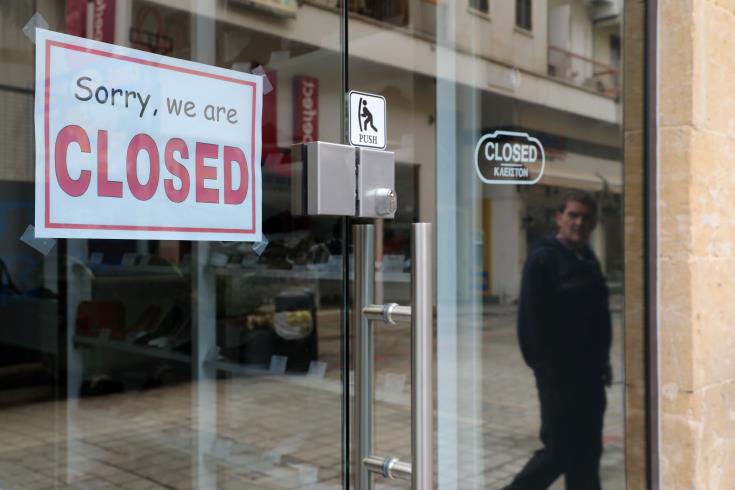As Cyprus prepares to enter another general lockdown with non-essential businesses shutting, the retail sector claims it is on the verge of disaster, calling on the government to throw a substantial survival package.
Warning that businesses will be wiped off the map, the Cyprus Chamber of Commerce and Industry Chamber (KEVE), stressed: “If measures are not accompanied by generous support plans, many businesses will have to shut shop for good”.
In comments to the Financial Mirror, Marios Tsiakkis Secretary-General at KEVE said that while it is understandable that state finances are tight, businesses need the government’s help.
“Retailers are currently in a dramatic situation as they face another setback, following the lockdown in March, restrictions in Paphos and Limassol during November, and more recently shops in malls had to close over the Christmas holidays,” said Tsiakkis.
With lockdown to last three to four weeks, Tsiakkis said that without substantial support from the government, one business after the other will go under.
“The majority of retail businesses are SMEs. After being hit ruthlessly by the coronavirus for almost a year now, these businesses cannot meet their rent payments and other operational expenses to keep them afloat.”
Tsiakkis called on the government to consider introducing more targeted measures, allowing for some businesses to continue operations under stricter protocols, including the obligation of owners to have their staff tested weekly.
“Furthermore, the retail business world will need a financial boost if it is to cover lost ground. At the moment SMEs are dry, with no liquidity whatsoever. The government will need to re-table a scheme for state-backed loans.”
Tsiakkis was referring to a scheme similar to the one tabled by the government in May, only to be rejected by the parliament.
The government then tabled a proposal for a mechanism to provide €1.5 bln in state-backed loans for businesses.
It was rejected following disagreements with opposition parties which sought numerous amendments that rendered it “unenforceable”.
The scheme would have essentially provided state guarantees to cover loans with low interest to be given to coronavirus-struck businesses by banks.
After two months of haggling, this has now been abandoned after government and MPs could not find consensus on the specifics of the scheme.










